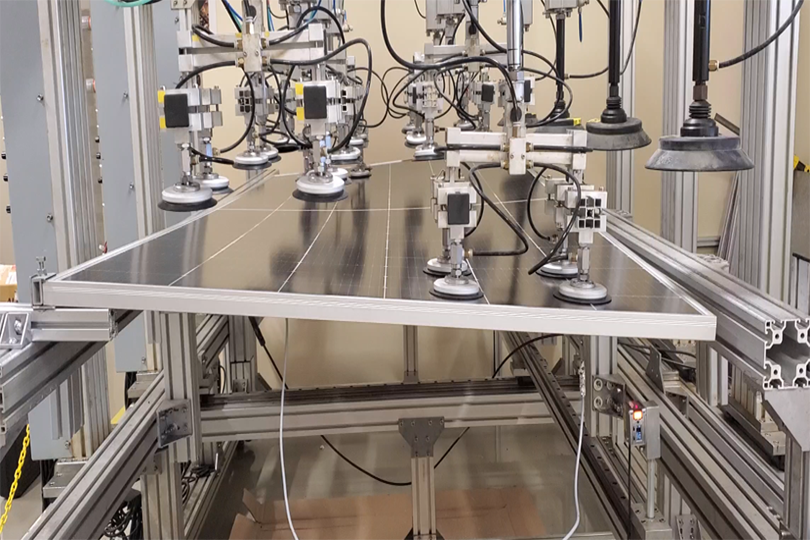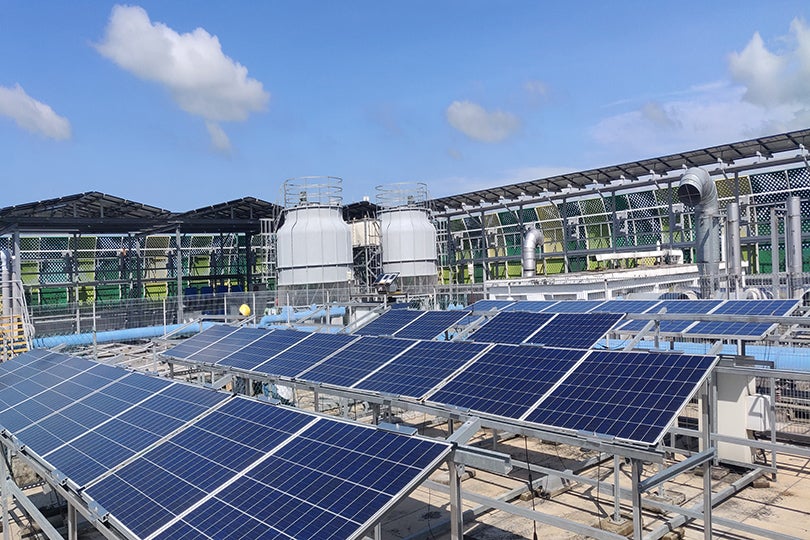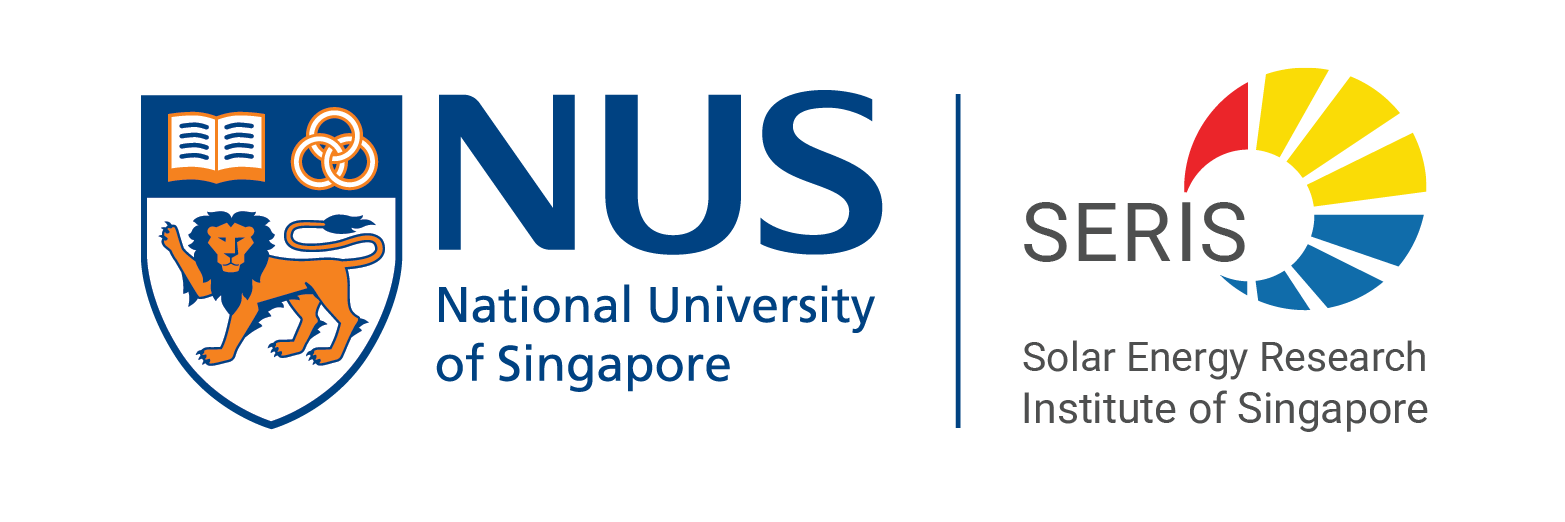The fast pace of development of PV modules, with new materials as well as module & cell geometries launched every year, represents a challenge for PV module reliability. Additional challenges arise from the deployment of PV modules in novel environments (e.g. building integration, floating PV, agrivoltaics), which require additional reliability studies. For the case of floating PV, SERIS has expanded its scope at the module level by introducing new stress methods that include vibrations, torsion tests, and Potential Induced Degradation (PID) testing in a salt mist environment.

PID is one of the most damaging degradation processes of PV modules in field conditions, and its effects can be exacerbated in the maritime environment. Furthermore, in tropical Singapore the temperature of PV modules can exceed 60°C during daytime, whereby the annually averaged relative humidity is 81%. The combination of these climatic conditions makes the risk of PID particularly high in the tropics, and PV modules that are usually considered “PID-free” in temperate climates may exhibit PID here. SERIS has therefore set up an Outdoor Module PID Test Facility to monitor PV modules for PID in the tropics. In this set-up, a bias voltage corresponding to the module’s rated maximum system voltage is applied. The modules are also connected to load resistors to keep them near their maximum power point (MPP), to simulate the real-life operation. In addition, PV module temperature, ambient temperature, relative humidity, wind speed, irradiance and leakage current are being measured.


